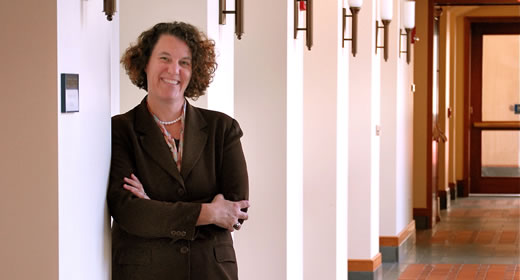
"Student aid applications are a burdensome gauntlet, and complexity is most damaging to students with the least resources," writes Dennis Zeveloff in a July 9 article, "Why We Should Cut the Federal Financial Aid Form from 130 Questions to 2," published in Business Insider. Tuition has risen sharply enough in the past twenty years that federal aid, controlled by the Free Application for Federal Student Aid, or FAFSA, has become an important part of affording college for most students. However, as Zeveloff notes, the 130-question, 10-page application is tedious enough that in 2009, 40 percent of the 20 million students enrolled in U.S. colleges left it incomplete.
As a solution to this, U.S. Senators Lamar Alexander (R-TN) and Michael Bennet (D-CO) have drafted the Financial Aid Simplification and Transparency Act, which would cut the form down to two questions: "What is your family size?" and "What was your household income two years ago?" This approach is drawn from the paper "College Grants on a Postcard: A Proposal for Simple and Predictable Federal Student Aid," published in 2007 by Ford School Professor Susan M. Dynarski and colleague, Judith Scott-Clayton (Columbia). Dynarski and Clayton argue that dozens of the FAFSA's questions contribute nothing to the determination of grant aid, and cutting the form down to two simple questions would be enormously helpful to students who would otherwise be discouraged by its complexity. Zeveloff notes that simplification and assistance with the FAFSA has been shown to raise college enrollment as much as 8 percent among college seniors.
Dynarski's work on student loan reform has appeared in several other news outlets in the last year, including a New York Times op-ed column by Senators Alexander and Bennet.
Susan Dynarski is a professor of public policy at the Gerald R. Ford School of Public Policy, and a professor of education and economics at the University of Michigan. She is co-founder of the Education Policy Initiative, which engages in applied, policy-relevant education research designed to improve overall educational achievement and outcomes, and has advised the Obama Administration on the findings of her student-aid research.
